
A recent analysis highlights the increasing use of Octave's MSDA test in managing multiple sclerosis, showcasing its impact on treatment decisions and disease monitoring.

A recent analysis highlights the increasing use of Octave's MSDA test in managing multiple sclerosis, showcasing its impact on treatment decisions and disease monitoring.

Test your neurology knowledge with NeurologyLive®'s weekly quiz series, featuring questions on a variety of clinical and historical neurology topics. This week's topic is on orexin receptor agonists.
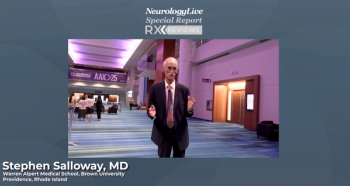
Dementia expert Stephen Salloway, MD, PhD, overviews the stepwise donanemab regimen approved by the FDA, citing how it not only reduces ARIA rates but preserves the same level of amyloid reduction as the original dosing. Supported by Eli Lilly.

New findings reveal ACP-204 shows no significant QT interval prolongation in healthy adults, supporting its safety for Alzheimer disease psychosis treatment.
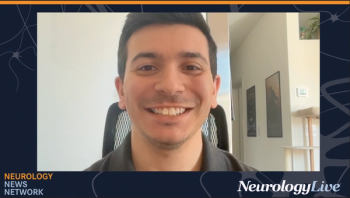
Neurology News Network. for the week ending August 9, 2025. [WATCH TIME: 4 minutes]

Expert Stephen Salloway, MD, discussed findings from the TRAILBLAZER-ALZ 6 study, highlighting how a stepwise donanemab dosing regimen significantly lowered rates of ARIA in early Alzheimer disease. Supported by Eli Lilly.

Take 5 minutes to catch up on NeurologyLive®'s highlights from the week ending August 8, 2025.
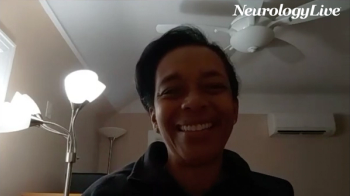
The director of pediatric epilepsy at NYU Langone Medical Center shared expert insights on improving transitions from pediatric to adult epilepsy care. [WATCH TIME: 3 minutes]
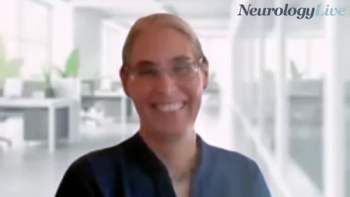
The corporate vice president of medical information and research at Theranica discussed long-term findings presented at AHS 2025 covering the company’s Nerivio remote electrical neuromodulation device for patients with migraine. [WATCH TIME: 5 minutes]

Mind Moments®, a podcast from NeurologyLive®, brings you an exclusive interview with Alexa Dessy, MD. [LISTEN TIME: 17 minutes]
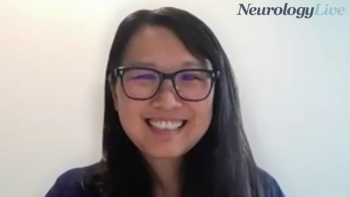
Two experts from Cerevance discussed data from the company’s posters recently presented at AAIC 2025, which highlighted potential therapeutic targets for Alzheimer disease. [WATCH TIME: 5 minutes]
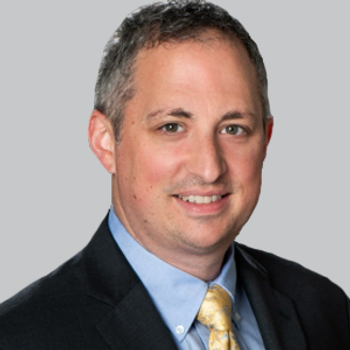
Daniel Freedman, PhD, of MIT, gave clinical commentary on how Openwater’s Open-LIFU enables new research into conscious perception and potential clinical applications for conditions like pain and depression.

Donanemab has received a positive opinion from the European Medicines Agency’s CHMP for the treatment of early symptomatic Alzheimer disease, bringing Eli Lilly’s anti-amyloid therapy one step closer to approval in the European Union.

Yang Liu, PhD, co-founder, CEO, and chief scientific officer of OncoC4, provided commentary on the rationale and promising preclinical data behind ONC-841, a novel anti-SIGLEC10 antibody targeting amyloid and tau in Alzheimer disease.

Vertex Pharmaceuticals halts VX-993 development for acute pain after phase 2 trial shows no significant efficacy compared with placebo.
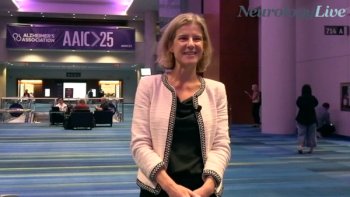
At AAIC 2025, the head of AD, MS and Immunology Development Units at Biogen discussed ongoing research efforts targeting tau pathology in AD, specifically the company's investigational candidate BIIB080. [WATCH TIME: 6 minutes]

Gabrielle Macaron, MD, assistant professor of neuroscience at Université de Montréal, discussed the nuanced clinical decision-making involved in initiating a DMT for patients newly diagnosed with MS.
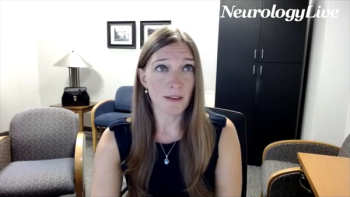
The neurologist at Duke Health provided insights on how chronic demyelinating inflammatory polyneuropathy treatment is evolving toward biomarker-driven, personalized approaches at the 2025 Carolina Neuromuscular Summit. [WATCH TIME: 2 minutes]

Teva's fremanezumab gains FDA approval for pediatric migraine prevention, offering a vital treatment option for children aged 6-17.

The chief scientific officer at Alzheon discussed the mechanism of valiltramiprosate and new data on toxic amyloid oligomers presented at the recently concluded Alzheimer’s Association International Conference.
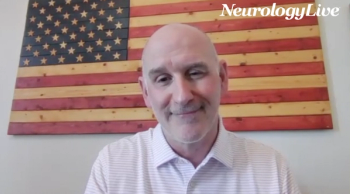
The Harold I. Nemuth Chair in Neurological Disorders at Virginia Commonwealth University discussed new data supporting the potential of GLP-1 RAs as a non-surgical option for idiopathic intracranial hypertension. [WATCH TIME: 3 minutes]

New findings reveal the promising efficacy and safety of a subcutaneous lecanemab autoinjector for early Alzheimer disease treatment, enhancing patient care.
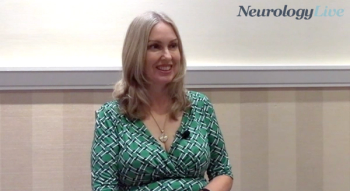
The advisory board member of the Parkinson's Foundation shared personal insights on how love, present-moment awareness, and hope shaped her approach to living with the Parkinson disease. [WATCH TIME: 6 minutes]

At CMSC 2025, Cassandra Moore, MPH, CPH, associate vice president of strategy and innovation at the National MS Society, discussed the impact of health and wellness coaching in patients with multiple sclerosis.
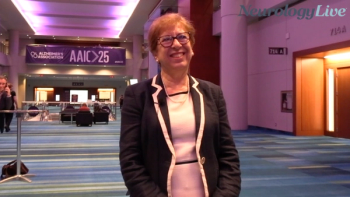
The professor of molecular neurology at the University of Cambridge highlighted recent research on tau protein aggregation in Alzheimer disease and other related tauopathies. [WATCH TIME: 6 minutes]
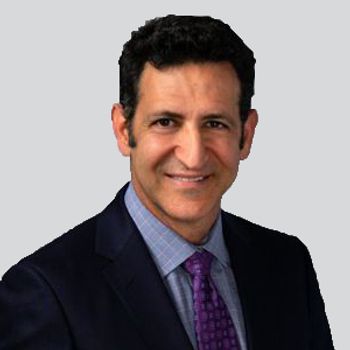
A real-world study reveals lecanemab's effectiveness in early Alzheimer's, showing stability or improvement in 83.6% of patients after two years.

Data presented at AAIC 2025 from a phase 2 study suggest that ABvac40 may slow cognitive decline in patients with Alzheimer disease, particularly among those who developed higher antibody levels.

UCB's bepranemab shows promise in slowing tau accumulation in early Alzheimer disease, marking an advancement in tau-targeted therapies.
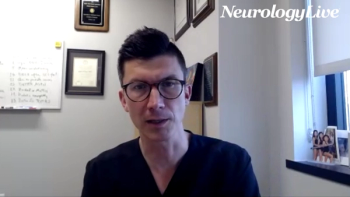
The director of neurosurgical pain division at Allegheny General Hospital highlighted the push to intervene earlier with neurosurgical treatments for chronic pain, including diabetic neuropathy. [WATCH TIME: 4 minutes]

Here's some of what is coming soon to NeurologyLive® this week.